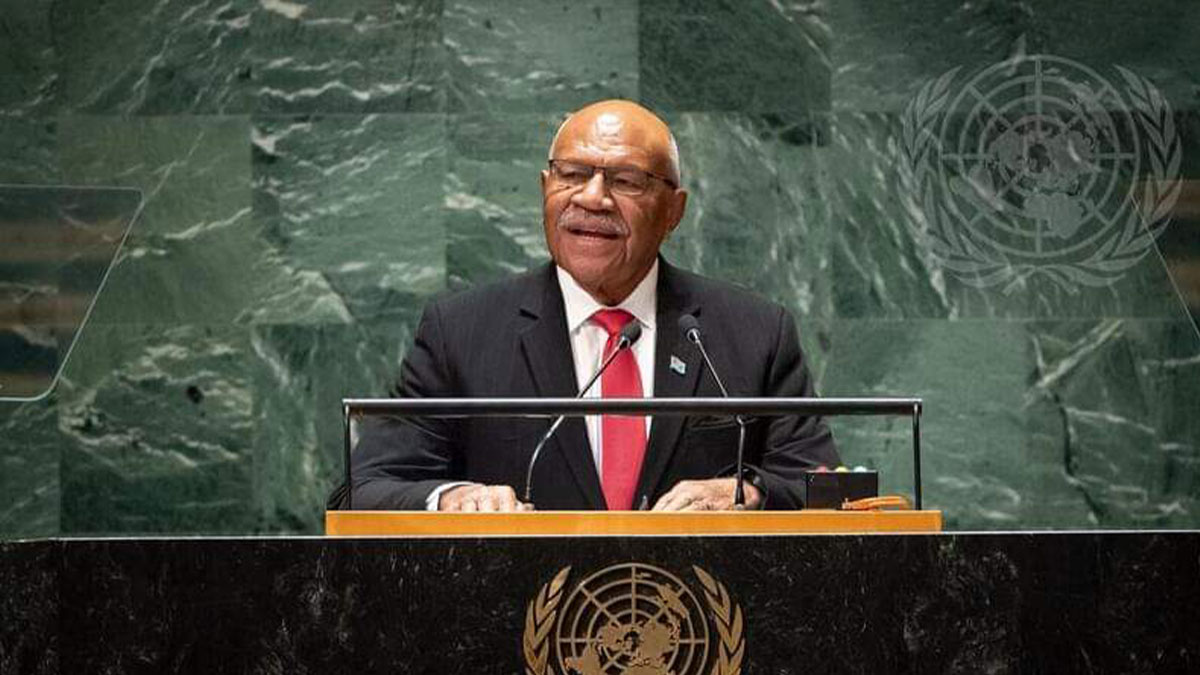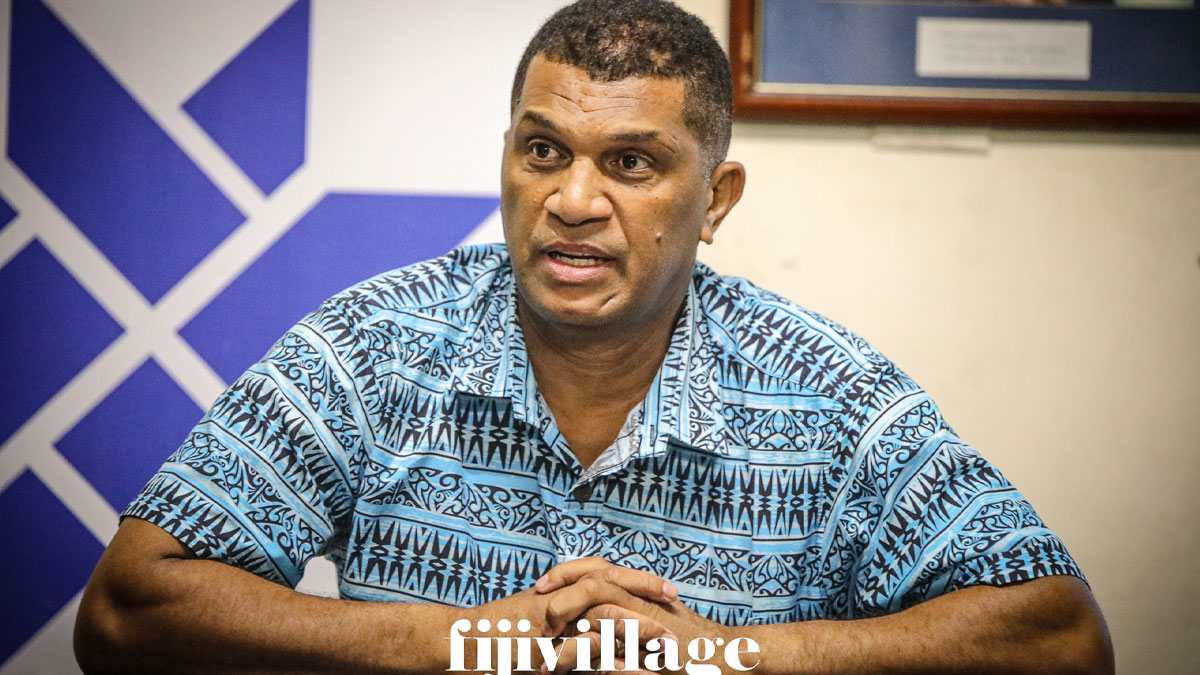
Climate Change has been identified as a threat to peace and security in the Pacific however, the reality is that no country is exempt from the impact of climate change and no nation can address it alone.
While highlighting the critical global issues and calling for international cooperation and solidarity during the 78th United Nations General Assembly, Prime Minister Sitiveni Rabuka stated that the world today is full of pain, mistrust, cynicism and apathy as there are interconnected complex crises created by our self-centered ambitions.
He says growing geopolitical rivalry is contributing to escalating tensions around the world rather than leveraging multilateral determination to overcome the poly-crises that threaten us.
The Prime Minister says we are now living in an unpredictable world and we must act to survive these interesting times because our collective effort is necessary to address enormous challenges and reduce the risk associated with the unpredictable environment that we face today, not only as sovereign nations but as the whole of humanity.
He says instead of leveraging global cooperation to manage our shared challenges and associated risk, growing geopolitical rivalry is escalating these tensions whereby Our Blue Pacific is at the center of geopolitical tensions.
He says we mobilize to address the impact and associated challenges and come together to share our common wealth because this is the only way we can ensure that no one is left behind.
Rabuka says the Pacific directly bears the brunt of climate change on our coastlines, communities, livelihoods, security, and indeed, very statehood and identity whereby small Island developing states are struggling to respond to global supply shocks, with soaring debt levels impacting progress in the implementation of the sustainable development goals as the inequality gap continues to widen.
He further says the targets of the Sustainable Development Goals are now in peril which demands bold, ambitious and accelerated actions therefore Fiji is committed to continue to support the Secretary-General’s in acceleration of the implementation of the Sustainable Development Goals.
The Prime Minister says Fiji is committed towards achieving the 2030 Agenda which underscores the need to forge stronger and robust partnerships in responding to the ‘Call to Action.’
Rabuka says our economy is now on the recovery path led by the tourism sector which has rebounded to pre-pandemic levels and that our challenges are interconnected and must be addressed by an integrated response, through effective multilateralism.
He says International cooperation and solidarity are essential to protect our collective interests through targeted engagement as peace and security are fundamental for sustainable development.
The Prime Minister also confirms that the government is committed to implementing the United Nations Declaration on the Rights of Indigenous Peoples and the Rights of Tribal and Indigenous People. He says we must commit not only commit to reducing emissions but also to supporting vulnerable communities and fostering climate resilience as climate finance is inaccessible, especially for small island developing states therefore, there is an urgent need for reform of the global financial architecture, if future targets are to be met.
He says in Fiji we continue to strengthen our Disaster Risk Reduction approach by building resilient infrastructure, strengthening early warning systems, enhancing community preparedness, improving disaster response capacities and promoting ecosystem-based approaches.
Rabuka says Fiji will continue to deploy humanitarian and disaster relief and rehabilitation to its neighboring countries including for bushfires, severe tropical cyclones, earthquakes and tsunamis.
He says Fiji is undertaking climate mobility adaptation strategies and has relocated six coastal communities out of the 42 communities that have been identified for urgent resettlement and recognises the significance of ocean conservation and sustainable use and management.
To combat plastics pollution, Fiji is actively engaged in negotiations for the new treaty and urges countries to finalise the treaty by 2024, before it is too late.
Rabuka says health financing, infrastructure, supply chain management for medicines, consumables and medical equipment, and workforce retention and development, are critical for Fiji and other small island developing states therefore the World Health Organisation and Voluntary Health Fund will address the technical and capacity building needs.
Stay tuned for the latest news on our radio stations


